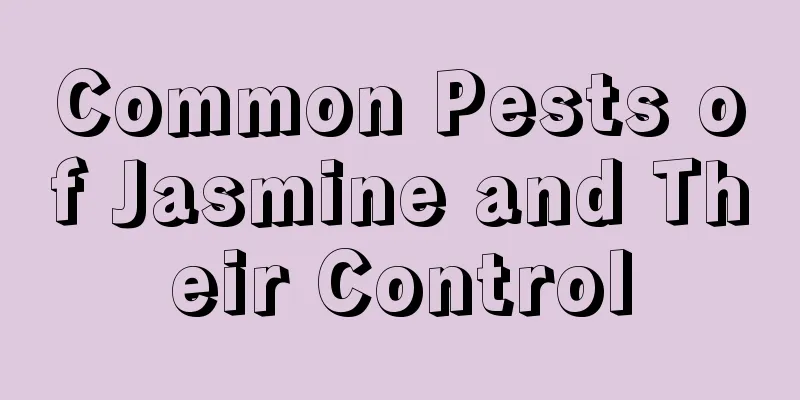How to grow Chlorophytum and Pothos and precautions

Growth habits of Chlorophytum comosumChlorophytum comosum likes warm, humid semi-shady environment, and is suitable for growing in loose, fertile, well-drained soil. It cannot tolerate direct sunlight and is best maintained in an environment with strong scattered light. If it is not exposed to the sun for a long time, the internodes will become slender and weak, and the leaves will become thinner and lighter. The best cultivation temperature for Chlorophytum comosum is between 20-24℃. Chlorophytum comosum cultivation methodChlorophytum comosum and Chlorophytum comosum cannot tolerate direct sunlight, and are suitable for maintenance in places with sufficient scattered light. During normal maintenance, the soil needs to be kept slightly moist and the temperature can be controlled between 20-24℃. If the temperature is low in winter, measures need to be taken in time to keep warm. Thin fertilizers should be applied in time during the growing season. Foliar fertilizers or liquid fertilizers should be used as the main fertilizer. Watering Chlorophytum comosumDuring the maintenance of spider plants and green radishes, the soil should be kept moist, but water should not accumulate to avoid affecting the growth of the roots. In addition, the frequency of watering can be increased in summer, and the amount of watering should be strictly controlled in winter to keep the soil slightly dry. Fertilizing Chlorophytum CorydalisIt is best to use granular fertilizer when fertilizing spider plants and green radishes. You can choose organic fertilizer or controlled-release fertilizer, apply small amounts frequently, and apply thin fertilizer each time. Do not use concentrated fertilizer. Chlorophytum comosum pruningThe dense and long branches and leaves of spider plants and green radishes should be trimmed to promote the sprouting of new branches and maintain the overall shape. The yellow leaves and sick and weak branches of the green radish should also be trimmed regularly to avoid consuming more nutrients. The pruning length should be shortened appropriately in winter. You can cut off one-half to two-thirds of the stems of the plant. New leaves will soon grow and cover the entire palm column. Precautions for the maintenance of Chlorophytum comosumChlorophytum and Chlorophytum need to be repotted in time during their growth period. Stop watering a few days before repotting to facilitate removing the plant from the pot. After taking out the plant, you can keep some of the original soil. Also, be sure to cut off the rotten and dried roots. It is best to soak them in a solution of carbendazim. After drying, you can put them directly into the pot. You can add a little base fertilizer to the soil. |
<<: Lily of the valley growth environment conditions and characteristics
>>: How to maintain and pay attention to the bonsai of ash tree
Recommend
How many years does it take for wolfberry trees to bear fruit?
Introduction to Planting Wolfberry Trees When the...
How to fertilize red maple bonsai, it will be stunningly beautiful if you do this!
Fertilize according to the growth habits of red m...
What are the cultivation methods and precautions of Chlorophytum comosum
Chlorophytum comosum introduction Chlorophytum co...
Lily cultivation methods and precautions
The maintenance of the fragrant lily is very easy...
How to propagate figs by cuttings
1. Cutting method 1. Pruning branches: In Decembe...
How to prune pear trees in winter
time It is carried out from December after the pe...
What disease causes yellowing cucumber leaves? How to treat it?
Cucumber is one of our most common vegetables . I...
Can Ivy be placed in the bedroom?
1. Environmental requirements Ivy is shade-tolera...
What is cauliflower?
What is cauliflower? Cauliflower belongs to the C...
Can the lucky tree be planted in the yard?
Can I plant a lucky tree in my yard? The lucky tr...
What are the varieties of American mint?
Garden Red American Mint A true garden red, this ...
How to grow Ruolu
1. Soil When growing Ruolu, you need soil with go...
Time and method of changing soil of red sandalwood
Time to change the soil of red sandalwood For sma...
When does the weeping crabapple bloom?
Flowering period of weeping crabapple When does t...
How to grow mint flowers? Can they be placed in the bedroom?
1. Maintenance methods 1. Watering: When growing ...









